We got in touch with Artscape CEO Marlene le Roux to chat about this major milestone, the theatre’s evolution and how the arts are combatting the devastating effects of the Covid-19 pandemic.
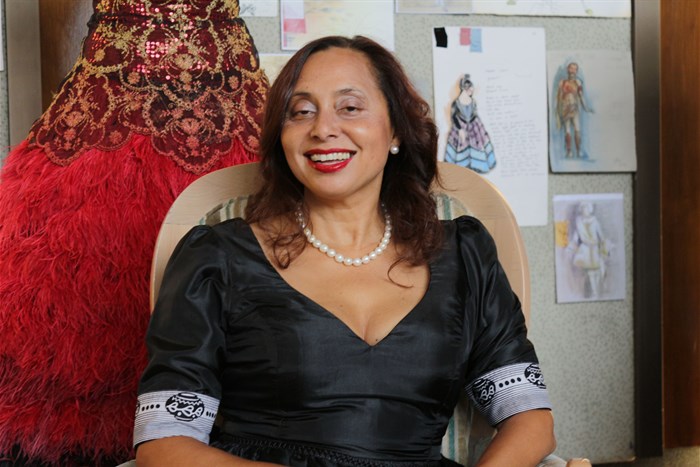
Yes, 50 years is indeed an accomplishment. Especially coming from an Era when Nico Milan was built only for white people. Yes, we came a far way of the days when Adam Small – could not attend his own premiere of Kanna Hy Kô Hystoe – and the actors were painted brown and the opening was marked with security police present in the building while protesters were outside. You can almost want to say a coup, a milestone, an absolute feat.
But, in order to celebrate the achievement, we need to be mindful of how it came about and build on the work of those that came before us and lead the way to a future that is even more inclusive, more equitable and more just – constant strife. This year is indeed significant in so many ways and when we thought of the theme - “yesterday, today and tomorrow” - we thought that while it may sound cheesy to some, it resounds with so much of what we need to pay attention to – not just for the arts and for Artscape, but for us as a nation.
We may very well ask: What is a building? Is it not just mainly stone and water? But we know in our hearts and our actions it is so much more. After all, there is a huge difference between a house and a home. Transformation is an ongoing journey for Artscape. Our kick-off concert for the 50th commemoration – on our YouTube channel is a testimony of how we as a building has evolved. The music, dance and poetry revel in the inclusive diversity of our South African community and the spirit of the unique collaborations between all art forms. We could do this as the City of Cape Town and the provincial government made the pre-recorded production possible.
The Nico Malan was opened on 19 May 1971 as the Nico Malan Theatre Centre. Historically, the Cape Performing Arts Board (Capab) aim was to promote the performing arts only for whites. The arts councils received sufficient government subsidies to fund various art forms as well as the operational requirements of the theatre facilities. Capab programmed and managed the Nico Malan Theatre Centre as a production house with four arts companies – orchestra, opera, ballet and drama. These companies had full-time artists, technical and administrative staff.
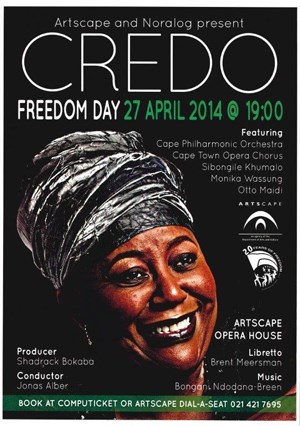
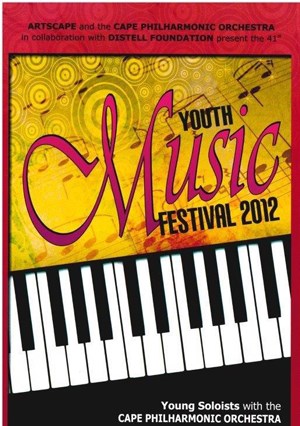
The transformation journey started when Artscape was established and the performing arts companies were transformed into playhouses. Artscape furthermore in 2001 established the audience, education and development department. I was given the honour and privilege to head up this department. The first of its kind in the country. The first step was to introduce Artscape as a brand of inclusivity in the rural areas – taking the arts to the people.
We used the arts as a vehicle to engage with the people of South Africa to experience a production featuring all art forms and a diverse cast. And we staged this in the most disadvantaged communities. The message was clear the arts must be for everybody.We engaged with the municipalities and built a stage or transformed a community hall to be a mini Artscape. The goal was to demystify the building and that Artscape is a place for everybody irrespective of their social standing in the community.
Slowly we started to change the landscape, we partnered with Unmute dance company (the home for artists with disabilities) to give voice and visibility to artists and audience members with disabilities. Indigenous art forms and jazz, which were previously excluded from Artscape stages, were prominently programmed as part of the schedule. A resource centre was established to assist artists to have access to computers, workshops on how to form an arts company to be eligible for funding, etc.
The Woman/Humanity Festival was conceptualised to have uncomfortable conversations about our diversity as a nation and to address the equality of women, children and persons with disabilities. And Artscape has also become the home for the LGTBQI+ community. Every year, we showcase Abfab – a production showcasing the magnificent performance skills of drag artists. Community productions alongside a traditional opera production or a hip-hop production have become a norm on one evening of the complex called Artscape. Yes, we have come a long way.
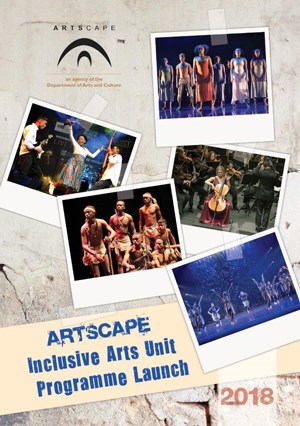
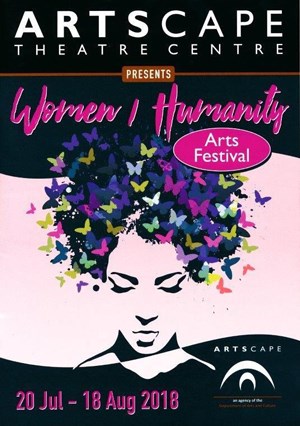
For the 50th anniversary of the Artscape building, we have a rolling exhibition of theatre costumes designed for and made by the Artscape wardrobe department of and for the past five decades of productions in the building. The 38 costumes on display for the current season include those from the following productions: Aida (1971), Tartuffe, Petrouchka, Don Carlo, Die Fledermaus, Anastasia, Kismet, The Magic Flute, Evita, Rain in A Dead Man’s Footprints, Cabaret, Fidelio, Showboat, Champ, The Sound of Music, The Lady and the Fool, Madame Butterfly, Joseph and the Amazing Technicolor Dreamcoat, Mary & The Conqueror and many more. Patrons can book at the box office from 26 April 2021 to view the exhibition free of charge. But to uphold Covid regulations, it is important to inform the box office.
A ‘design Wll’ also include the many costume designs by artists and designers who created these wonderful garments and include originals and copies of well-well-known national international works like Bruno Santini, Peter Cazalet, Dicky Longhurst, Jenny Gilles, Penny Simpson, Keith Anderson, Michael Mitchell, Raymond Schoop, Birrie Le Roux, Peter Krummeck, Marthinus Basson and many more.
A permanent visual exhibition about Adam Small is on display at the theatre.
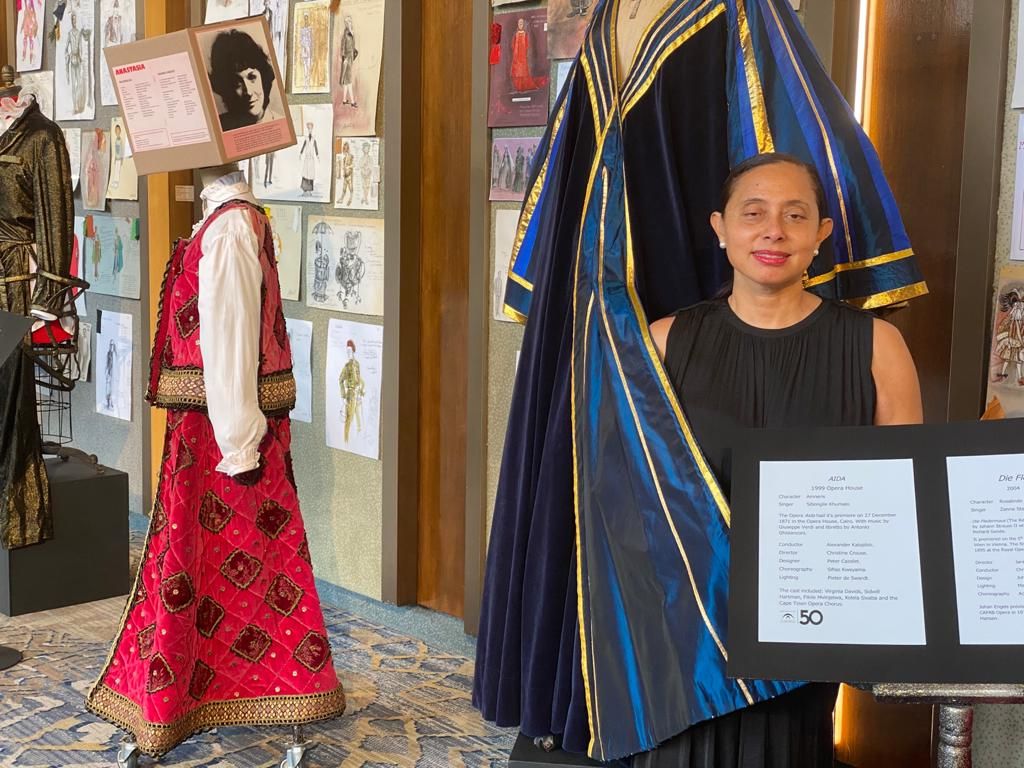
My biggest challenge will always be funding. As a receiving house, we are dependent to fundraise for every production. And it was and still is very challenging to introduce new works, untold stories without the necessary funding. As a building, we are extremely grateful to producers that bought into the cross-subsidisation model; hiring out the opera house to producers and we could use the money to fund our arts transformation productions.
As a theatre complex, we are very conscious that artists, producers, creative industries freelancers have lost everything. As a theatre, our hands were tied as we could only slowly open our venue, such as the opera house (seating capacity 1,500) to 100 patrons. This is an absolute no-win situation. The complex is fully compliant with Covid regulations. And we are ready to receive more patrons.
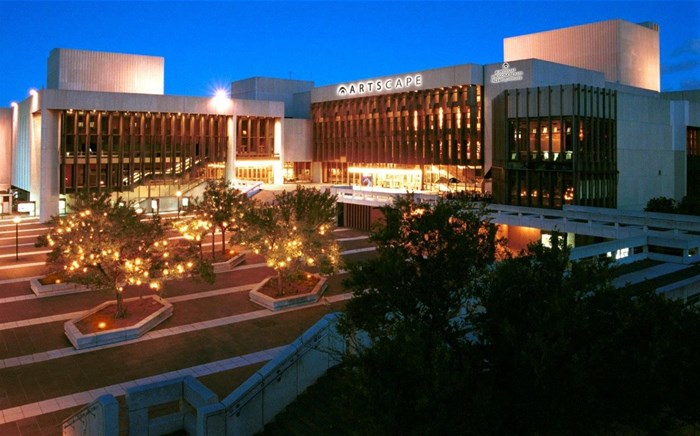
2020 we went virtual with all our South African productions and, with the help of sponsors, we could pay artists. And could avail the complex free of charge for the performing arts community. We could do that due to our lease agreement with the provincial government, who assisted us with the maintenance of the building; the national Department of Sport, Arts and Culture that gave us funding to run the complex; and the City of Cape Town, which funded local artists and the provincial DSAC that assisted artists with funding.
The Artscape complex will never be the same. We are currently relooking at how we can provide even more to the arts community. Without productions on our stages and artists being paid, theatres will become irrelevant. Hence, we will work day and night to have a fully functional and accessible theatre complex.
 How do you hope to see theatre and the arts evolve during and post-pandemic?
How do you hope to see theatre and the arts evolve during and post-pandemic?A new model should be designed to fund artists. The arts should become regulated for example there should be a body where artists should register as professionals. Artists are just as important as doctors, scientists and teachers. Currently, when artists perform at a state theatre, such as ours, they must pay 25% tax. And, sometimes, it is the only gig they have for the year. The AG should re-look how theatres and artists are over-regulated to adhere to the criteria of the Auditor-General whose criteria has been developed without the insight of the Creative industries. Artists never had it easy in our country before the pandemic, the pandemic just made society more aware of the plight of artists. The pandemic had a devastating effect on the lives of artists and the creative industry.
First of all, artists should be recognised as professionals and should be treated as such. Artists cannot be seen only to heal the nation. Artists work hard, study their whole life to perfect their profession and then they are disregarded.
However, artists can only contribute to healing and educating our nation and to tell untold stories, if they are treated with respect and dignity. This all is about equitable funding and resources.